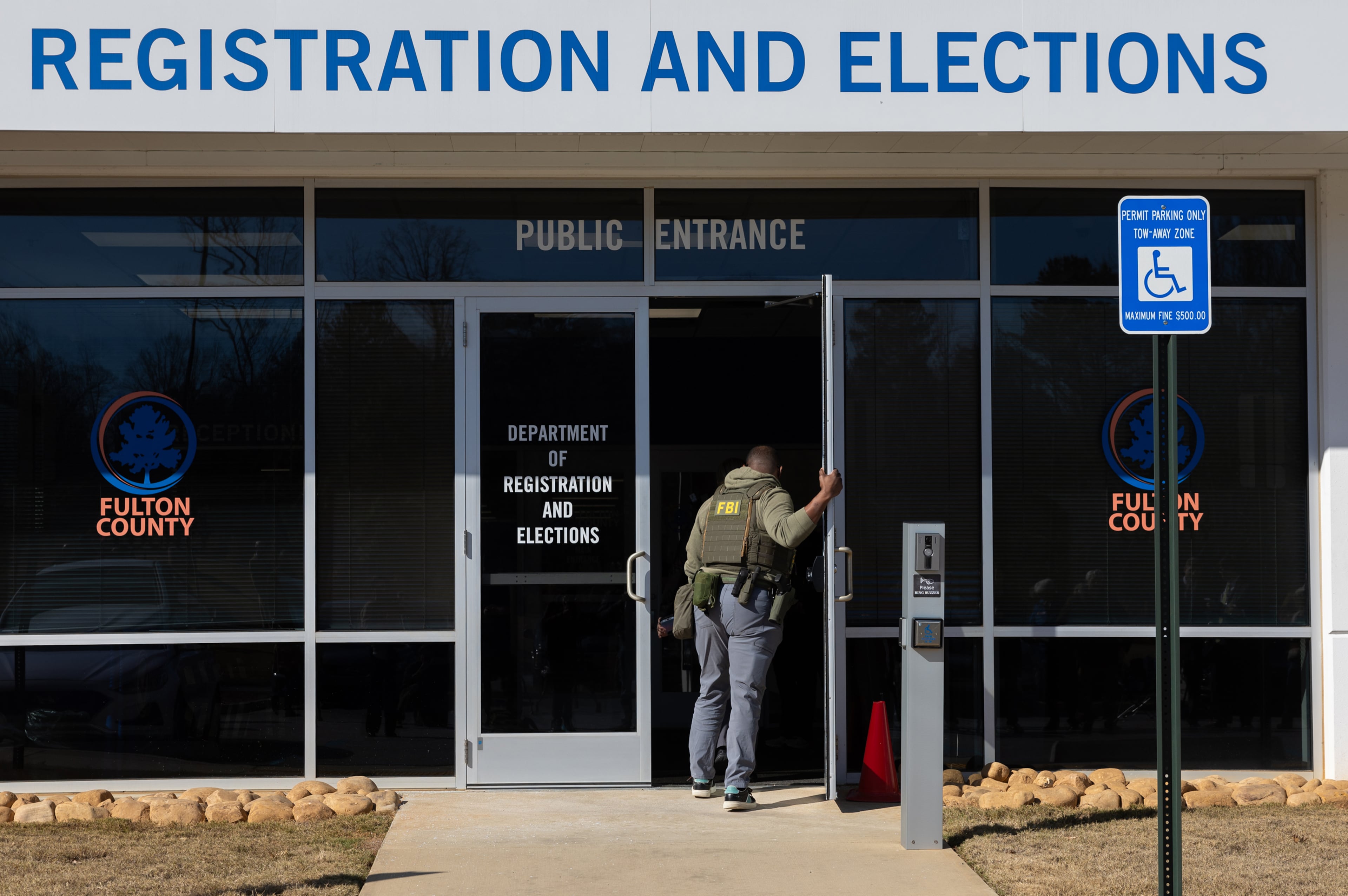MARTA turns to masks, sick pay as pandemic sickens workers

MARTA has unveiled new protection and benefits for employees as the agency seeks to provide critical transit service amid the coronavirus outbreak.
On Friday the agency expects to begin distributing 250,000 masks to employees who can’t work from home. And it will grant workers affected by COVID-19 up to 80 additional hours of emergency paid sick time.
MARTA also plans to make more changes to its already scaled-back service. Though the agency has not announced details, it will focus its bus service on 39 of its 110 routes, with service as frequent as every five minutes during rush hour. The idea is to alleviate overcrowding that has made it difficult to sustain social-distancing requirements.
The moves come as transit workers have proved to be vulnerable to the coronavirus pandemic. So far, 14 MARTA employees — including seven bus drivers — have tested positive for COVID-19. And though MARTA says none of those cases have been fatal, dozens of transit workers across the country have died.
“We know that more and more of our employees are getting sick, and the availability of bus drivers is going to go down,” CEO Jeffrey Parker told the MARTA board on Thursday afternoon.
MORE: Real-time stats and the latest news on the coronavirus outbreak
A union official welcomed MARTA’s moves but said the agency has been slow to protect workers. He cited packed buses and a lack of protective equipment for bus and rail operators and other employees.
“(Employees) don’t believe that the authority is taking a lot of their safety too seriously,” said Curtis Howard, international vice president of the Amalgamated Transit Union and a longtime MARTA electrician.
Transit agencies across metro Atlanta face a growing list of challenges amid the coronavirus pandemic. Last month MARTA and other agencies announced additional cleaning measures to assure passengers that buses, trains and stations were safe.
But as schools closed and governments ordered residents to shelter in place, transit ridership has plummeted and local agencies have reduced service. On Wednesday, MARTA rail ridership was down 77% from a typical weekday in February. Bus ridership was down 42%.
Still, many low-income residents rely on transit to get to jobs, grocery stores and medical appointments. That makes transit service a lifeline for many residents.
But protecting the workers who provide that service hasn't been easy. In New York City, at least 41 transit workers have died during the pandemic. So have workers in Philadelphia, St. Louis and elsewhere.
Howard said many transit agencies have been slow to protect their workers. The union is pressing for hazard pay, more masks and gloves, and other measures to keep employees safe.
“It’s definitely a problem for frontline employees,” he said. “We take our jobs seriously. But we take our lives more seriously.”
MARTA has taken steps to protect workers. It provided hand sanitizer and cleaning products to frontline employees, though some workers have said the supplies are insufficient. The agency also provided a $50 stipend for those who bought cleaning supplies on their own.
Two weeks ago, MARTA began boarding passengers at the rear door of buses to separate them from drivers. And it has cordoned off seats near the front of the bus and installed protective shields on many buses to protect drivers.
But problems persist. On the system’s busiest routes, buses at times are crowded — making it hard to enforce social-distancing requirements. That may be in part because rear boarding forced MARTA to stop collecting fares — making a free bus trip an enticement for some people who might not otherwise ride.
“We have observed teenagers and other individuals who didn’t appear to have a destination but were instead riding the system for something to do,” MARTA spokeswoman Stephany Fisher said.
She said MARTA police have been escorting people off buses at the end of a route to make space for people who must ride.
“We are asking customers to please not take the bus unless they are an essential worker or traveling to the grocery store, doctor or pharmacy,” Fisher said.
To address crowded buses, Fisher said MARTA has also allowed drivers to turn away passengers and call for backup buses to pick up those who are left behind.
With new guidance about masks from the U.S. Centers for Disease Control and Prevention, MARTA now will distribute 250,000 masks to employees.
More moves may be forthcoming. Parker told board members Thursday that he’s met with union officials to discuss hazard pay — something the agency has previously said it does not plan to offer.
Though only 14 MARTA workers have tested positive for the disease so far, Parker said an additional 183 employees are off work because they were exposed to those 14.
Parker said MARTA will continue to find ways to deliver service while keeping employees and customers safe.
“Even with all these actions, we know that we need to continue to make our system safer,” he told the board. “We’re working on that.”


